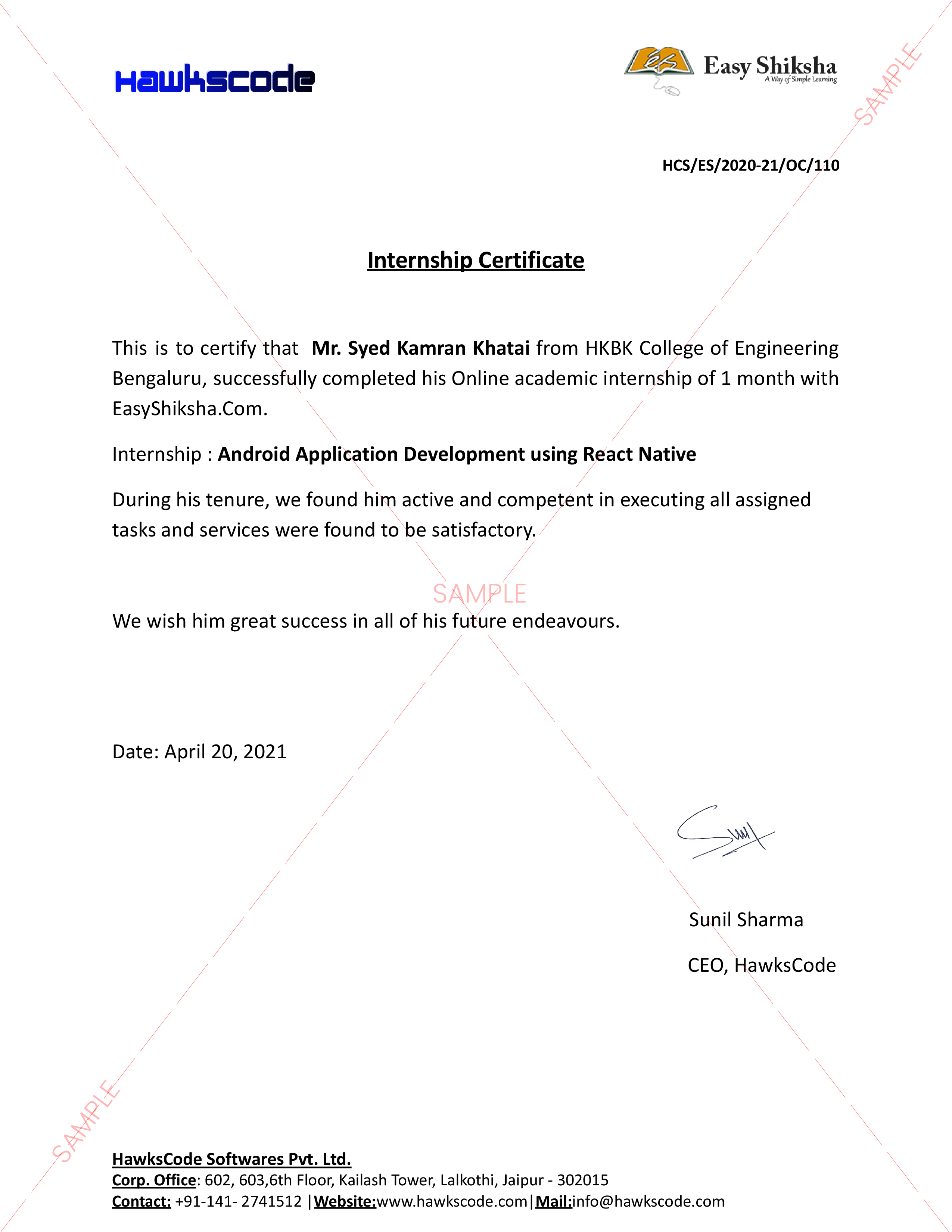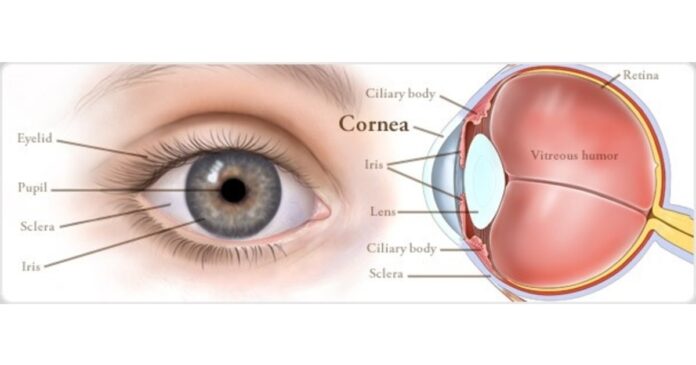Bengaluru, November 21, 2023: The timely identification of eye issues in individuals with diabetes can reduce the severity of complications. A regular eye examination, conducted every few months, serves as a preventive measure to assess diabetic retinopathy. In India, Diabetic Retinopathy ranks as the third most common cause of blindness, following cataract and glaucoma. Surprisingly, a significant majority of Indians remain unaware of the link between diabetes and its impact on eye health. This was stated by Dr. Jammie B Blah , consultant ophthalmologist Dr. Agarwals Eye Hospital in Bengaluru.
In observance of World Diabetes Day, Dr. Jammie B Blah sheds light on the critical impact of diabetes on overall health, particularly major organ systems. This year’s World Diabetes Day theme, “ACCESS TO DIABETES CARE,” gains heightened significance amid projections of a rise to 35.7 million diabetes cases in India by 2045, compared to the current 24.1 million. The imperative to enhance access, awareness, and care has never been more crucial.
Diabetes, with its pervasive impact on major organ systems, poses an imminent risk to eye health, specifically through Diabetic Retinopathy. Nationally, 18-30% and globally, 27% of individuals grapple with this irreversible condition, underscoring the urgency to raise awareness. Diabetic Retinopathy occurs when blood vessels in the retina become leaky, leading to partial or complete loss of vision.
Understanding the risk factors, including prolonged diabetes duration, poor blood sugar control, high blood pressure, high cholesterol, pregnancy, and tobacco usage, becomes paramount. The longer an individual has diabetes and the poorer their blood sugar control, the higher the likelihood of developing Diabetic Retinopathy. Alarmingly, only 5.75% of diabetes patients are aware of this condition, emphasizing the pressing need for increased awareness campaigns. Early detection can be a game-changer, preventing irreversible damage to vision, according to Dr. Jammie B Blah , consultant ophthalmologist Dr. Agarwals Eye Hospital.
Dr. Jammie advises, “Diabetic Retinopathy is irreversible, making early detection crucial. Physicians should recommend annual eye checkups for timely diagnosis and management, even if patients do not exhibit eye symptoms. A multifaceted approach to prevention is essential, including strict blood sugar control, monitoring of blood pressure and cholesterol, a disciplined diet, regular exercise, and annual eye checkups. Smoking cessation is a non-negotiable step in safeguarding eye health.”
Two contrasting cases highlight the importance of annual health checkups, regular eye screenings, and proactive management of diabetes and associated risk factors. A 55-year-old woman, with a 15-year history of poorly controlled diabetes, presented with a history of finger amputation and poor vision. Despite a diagnosis of cataract and moderate diabetic retinopathy, she did not undergo recommended laser treatment, resulting in the loss of vision in her left eye within six months. In contrast, a 59-year-old man with well-controlled diabetes for 20 years, regular eye checkups, and no signs of diabetic retinopathy, exemplifies the positive impact of proactive health management.
Recent advancements, including non-dilating screening methods like MIRANTE (NIDEK) and the integration of AI and machine learning, provide valuable tools for eye care providers. Telescreening with fundus camera and AI,represent promising innovations in Diabetic Retinopathy screening for large populations.
Laser therapy, anti-VEGF, and steroid injections have become the mainstay of Diabetic Retinopathy treatment. The evolving landscape of anti-VEGF molecules such as aflibercept, eyelea, faricimab, and conbercept showcases significant progress, says Dr. Jammie B Blah
Also Read: Reasons why your child could be underweight
About Dr. Agarwals Eye Hospitals:
Dr. Agarwals Eye Hospital a comprehensive eye hospital offering a one-stop solution for eye ailments; was started in the year 1957. Now the hospital is in its 65th year of offering quality services in eye care. It has 150+ hospitals across India. With a visible footprint in the states of Karnataka, Andhra Pradesh, Telangana, Kerala, Odisha, Maharashtra, Gujarat, Andaman, West Bengal, Rajasthan, Punjab, Jammu and Madhya Pradesh. A tertiary eye care centre at Mauritius marks its first step towards establishing an international presence extended up to 15 branches covering the Indian Ocean region, African countries and East Asia.
This year educate yourself and develop your career with EdTech Platform EasyShiksha
































































